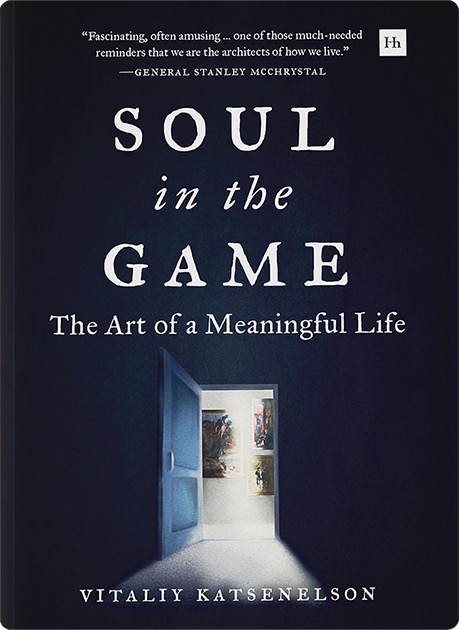
Leo Igwe, a fellow at the James Randi Educational Foundation, recently wrote about a popular story concerning murder and torture of a woman in Papua New Guinea who was accused of sorcery. According to Igwe, Papua New Guinea is a hotbed for beliefs about sorcery and hundreds of people are murdered annually because of these beliefs.
I frequently hear all sorts of phrases uttered by people — perhaps not thinking too hard about what they are really saying — in real-life and online encounters including ‘respect others’ beliefs,’ ‘people have a right to their own opinions,’ ‘let people believe whatever they want,’ ‘let people believe whatever makes them happy,’ ‘other cultures’ beliefs are just as valid as ours,’ and ‘who are you to tell people they are wrong.’
These before-mentioned phrases are usually related to moral relativism – the belief that truth about moral issues is relative from person to person and that there is no absolute truth about moral issues. These sentiments may be motivated by a ‘let us all get along’ attitude which is informed by the fallacious idea that mere disagreement constitutes disrespect. Perhaps diversity initiatives in higher education and post-modernist thinking leads people to these conclusions.
What would a person who continues to hold these ‘respecting beliefs’ attitudes sound like when ‘defending’ witch burnings and belief in sorcery?
A person might say…
We should just ‘respect the beliefs’ of those who would kill others because of beliefs in sorcery. It is really disrespectful for you to argue that belief in sorcery is false. These people really believe that sorcery is responsible for societal ills – so much so that they are willing to kill others. There are so many people who hold beliefs in sorcery. How could you say that all of those people are wrong and that you are smarter than them? People have a ‘right to their own opinions.’ Who are you to suggest that people shouldn’t believe what they want to believe?
Who are you to say that people are wrong or question their cherished beliefs? Belief in sorcery is a major part of others’ identities and gives them a great deal of comfort. Their faith is really strong and, even without the evidence, we should think of these people as virtuous – unwilling to relinquish their beliefs in face of all the opposition. These are really people of character who are willing to stand up for what they believe in and continue these cultural traditions.
After all, who are you — someone from the United States or Europe — to say that beliefs held by those from other cultures are wrong? You haven’t had the same experiences as these people in Papua New Guinea have had. You are limited by your Anglo-American perspective and are acting as if you are culturally superior – you are imposing your beliefs on other persons and are insisting that you, of all people are all cultures, are right. This belief in sorcery and ‘witch burning’ works for them. While you might think this is wrong and while you might not believe in sorcery or condone witch burning, the people of Papua New Guinea do.
Stop Americasplaining and check your privilege already. Sit down, shut up, and listen to the people who believe in sorcery! If there are so many others who insist that their beliefs are true, there must be merit in what they are saying. Even if you are right, you should still listen earnestly to what they are saying because you just can’t know what it’s like to be from Papua New Guinea and just don’t understand the way they think. Their beliefs are, after all, true for them.
—
As should be obvious, the moral relativist has to retreat to absurdities and be tolerant (or even accepting) of attitudes not reflecting reality which lead to identifiable harm. While moral issues can indeed be difficult to think about and while there may be disagreement, mere difficulty and disagreement should not lead us to a conclusion which would tolerate or accept harm. Instead of using throwaway phrases like ‘respect beliefs’ and ‘right to opinion’ which end up defending those who hold repugnant and false beliefs, we should have the courage to voice dissent and admit that others can be (and are) wrong.
